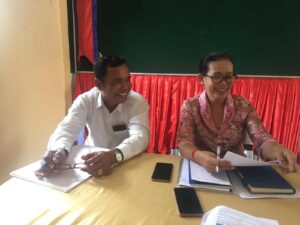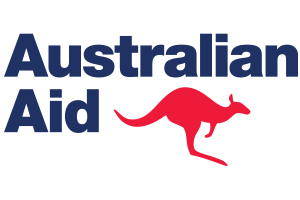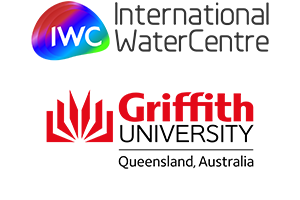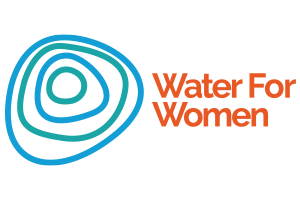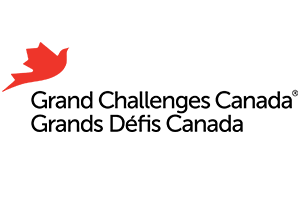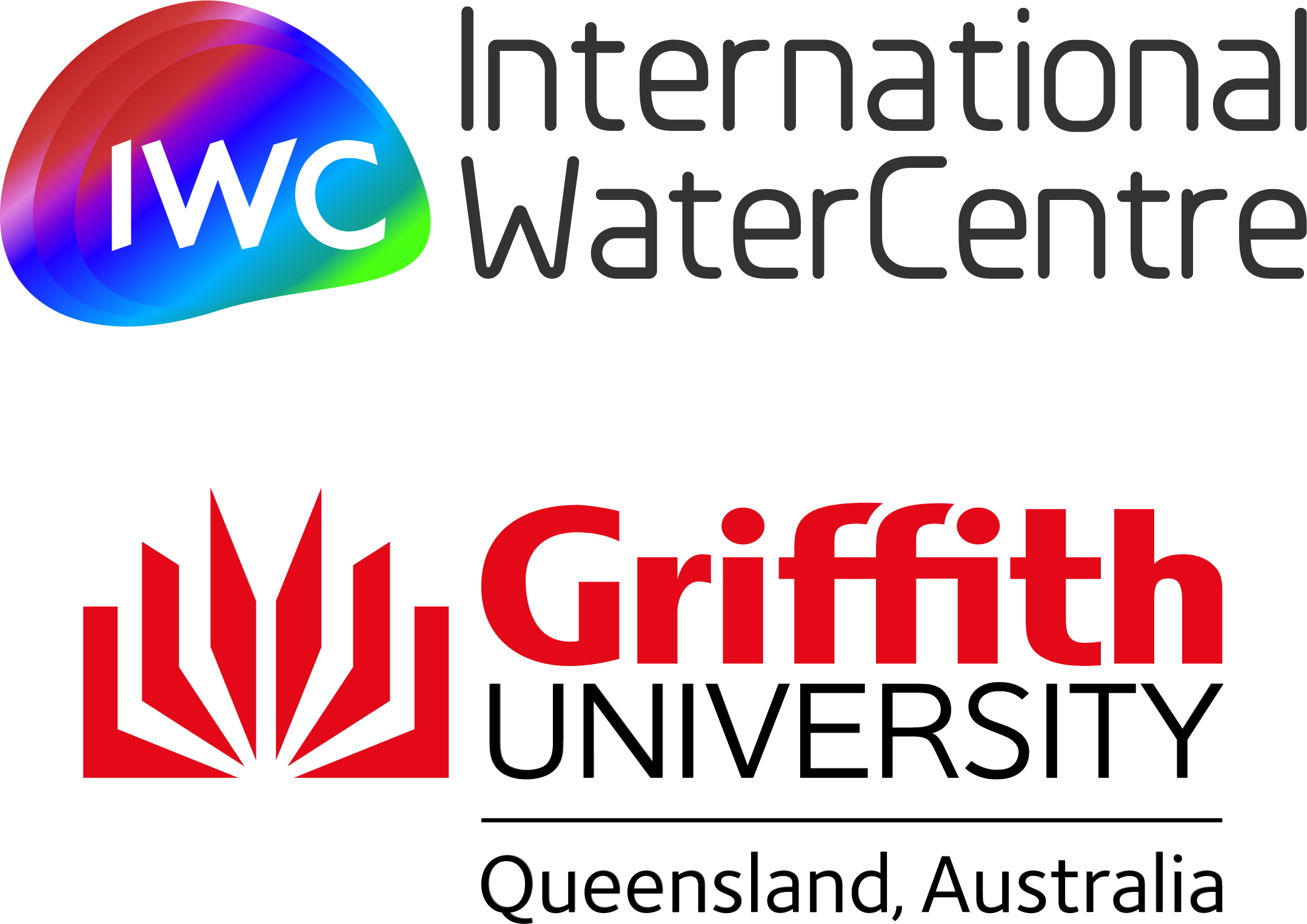To explore this issue further, ISF-UTS and SNV, through Water for Women, are conducting a strengths-based research study in Bhutan, Nepal and Lao PDR to understand how WASH sector leaders have been positively responding during COVID-19 to ensure the needs of women, marginalized and vulnerable groups are represented and heard.
Melita Grant, Research Principal at the ISF, observed that it has been particularly challenging to maintain momentum in gender-focused WASH partnerships when partners have been focused on urgent COVID-19 response and unable to meet in person. Research has become more difficult: some data collection at the household level has had to be postponed, which makes it challenging to assess program effectiveness.
“At the outset of the pandemic, with all travel halted, we had to consider ways to effectively engage with our research partners that kept the process interactive, interesting and collaborative. We investigated remote research methods and experimented with online tools to find workable platforms. Across the research community we explored how to continue our work with the support of new or previously underutilized technologies. For example, learnings on remote data collection were shared widely via webinars.” says Grant.
ISF, SNV with other partners of the Water for Women Fund, are convening an interactive workshop on the gendered impacts of COVID-19. Using feminist theory, the workshop offers the opportunity to explore the impact of COVID-19 on women and the ways their power has shifted, with a focus on the experience of WASH practitioners. The workshop conveners will facilitate discussion at breakout tables, where participants can share and co-analyse what they observed during the pandemic, both positive and negative.
The workshop will draw on the research study delving into how WASH leaders (government and CSO) are transforming inequalities in their responses to COVID-19, because now more than ever leadership needs to be inclusive and gender transformative.
Another case study of gendered innovation in the face of COVID-19 to be shared during the workshop, comes from Plan International and Live & Learn Environmental Education’s Water for Women project in Solomon Islands, where they worked with MJ Enterprises, to support this women-led enterprise to diversify into the production of locally-made face masks, providing an alternative income stream for the all-female staff, while also responding to community hygiene needs.
The COVID-19, Gender and WASH workshop will be held from 15:00-16:30 AEST on Wednesday 21 April 2021.
For more information click here.

